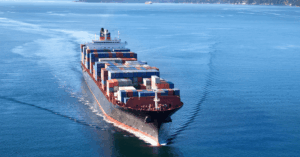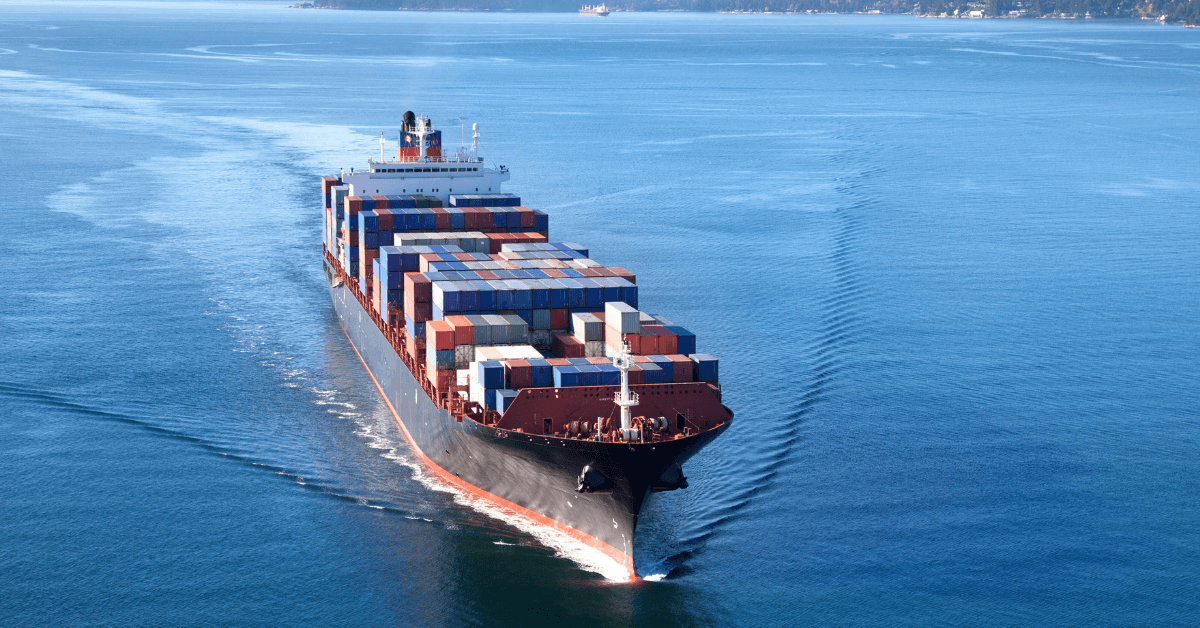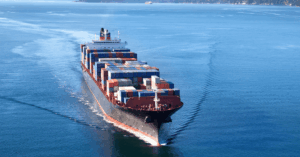
MAN Energy Solutions To Deliver World’s Most Powerful Methanol Engine
May 21, 2025
EU Sanctions 3 Japanese LNG Carriers For Shipping Gas From Russian Facility
May 22, 2025

The US Federal Maritime Commission (FMC) has launched a new investigation into the vessel flagging systems of certain foreign nations, focusing on whether their laws and practices are creating unsafe or unfair shipping conditions in America’s international ocean trade.
This investigation is non-adjudicatory, meaning it does not involve legal proceedings, but is meant to collect information and evaluate how some foreign governments’ flagging rules may be negatively affecting US shipping.
The FMC is particularly concerned that some countries may be using weak flagging regulations to gain an advantage, risking maritime safety and security.
For this, the Commission has opened a 90-day public comment period that will remain open until August 20, 2025. It is inviting detailed input from a wide range of stakeholders, including shipowners, vessel operators, shipping companies, shippers, labour unions, standards-setting organisations, international law experts, and even foreign governments.
The aim is to collect examples of flagging laws or practices that harm shipping efficiency and reliability.
The FMC is especially interested in identifying what it sees as harmful practices-such as relaxed compliance requirements, poor oversight, and limited vessel inspections, that may lower costs for some, but ultimately create global safety issues.
It refers to this as a “race to the bottom,” where countries weaken regulations to attract more ships under their flag, often at the expense of safety and transparency.
Recent incidents have added urgency to the investigation. In March 2024, a power failure on the MV Dali, registered in the Marshall Islands and flying the Singapore flag, caused the ship to crash into the Francis Scott Key Bridge, resulting in major damage and the deaths of six people.
Just a few weeks later, another vessel, the Malta-flagged APL Qingdao, narrowly avoided a similar collision near the Verrazzano Bridge in New York.
Another major concern is the rise of the ‘shadow fleets’- vessels that operate beyond normal regulatory oversight, often used to bypass sanctions or engage in illicit trade. These ships are known to switch off their Automatic Identification Systems (AIS), use fake documents, and sail with minimal scrutiny.
According to a report from maritime intelligence company Windward, GPS jamming incidents involving such vessels have dramatically increased.
In Q4 2024, the average AIS “jump” was 600 kilometres, but by Q1 2025, that distance shot up to 6,300 kilometres, making it nearly impossible to monitor ship positions accurately.
The FMC stated that it is not only looking at the problems, but also wants to hear about possible solutions. Commenters are encouraged to suggest ways high-quality registries can reduce costs or ease compliance burdens, as long as those suggestions do not weaken international safety standards.
The Commission stated that better flagging practices include compliance with international rules such as MARPOL, SOLAS, and STCW, along with regular inspections, certified operations, responsible labour conditions, and transparent vessel ownership.
Global organisations like the International Maritime Organisation (IMO) have taken measures to address these issues, but the FMC says the progress has been limited.
The Commission stressed the need for stronger national action to protect US trade and port operations from the risks posed by poorly regulated foreign vessels.
The FMC warned that even a single malfunctioning vessel can shut down a major port, delay cargo movement for weeks, and disrupt the global flow of goods.
Reference: FMC
Source: Maritime Shipping News


